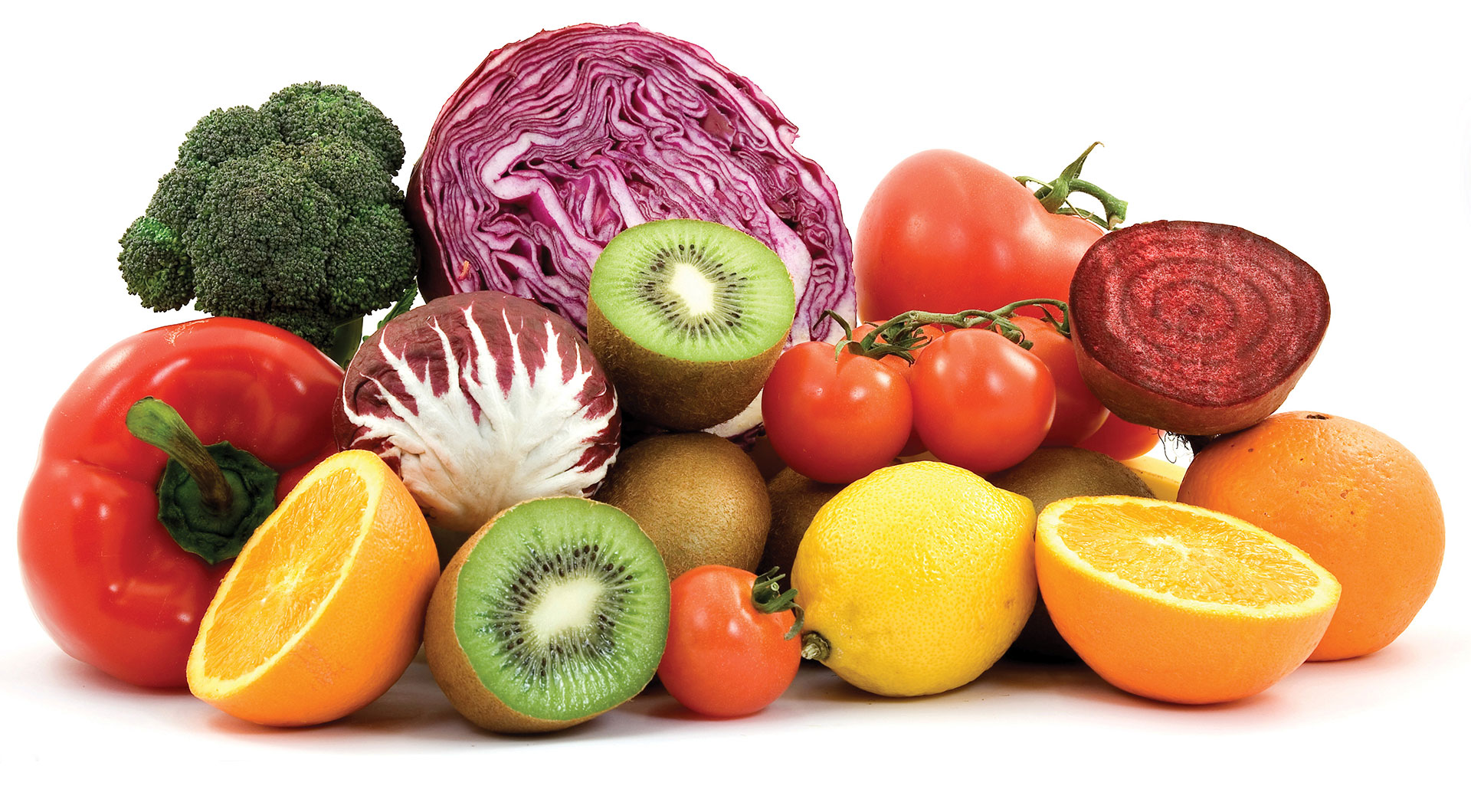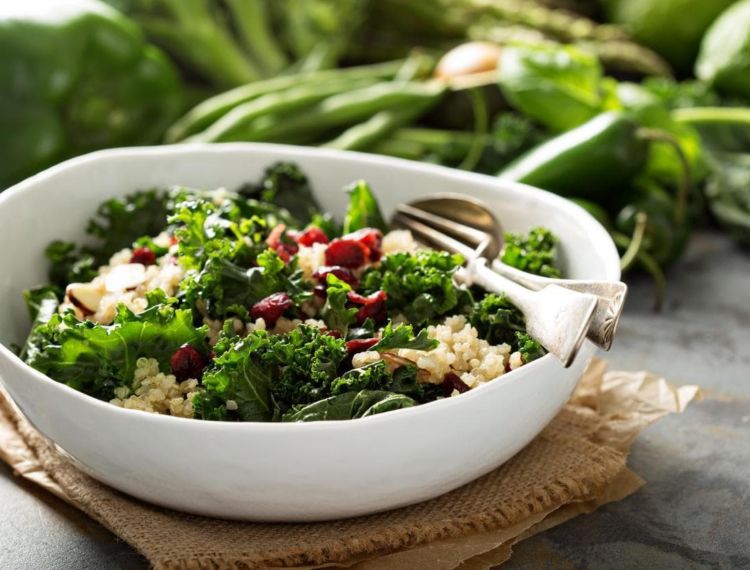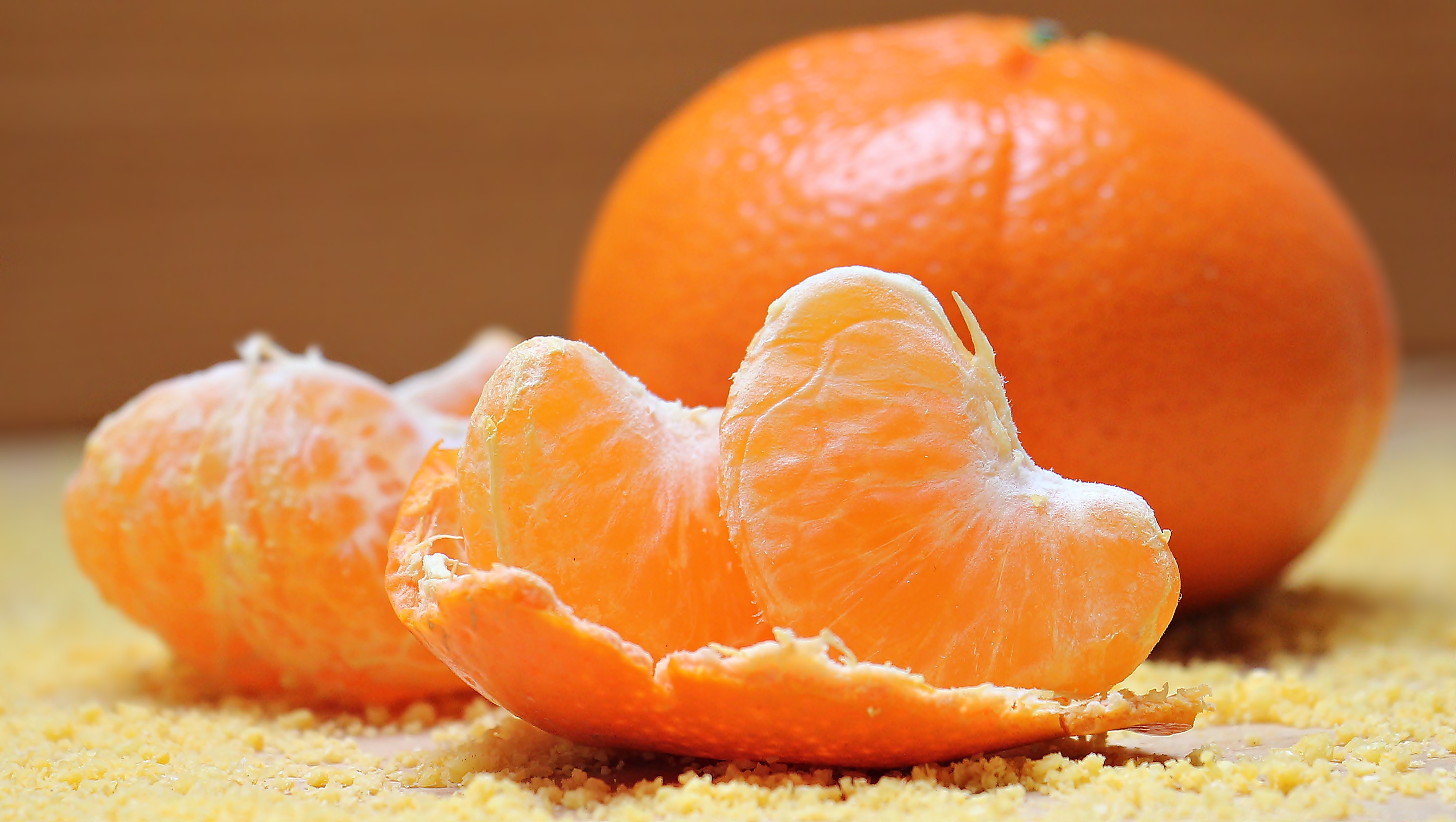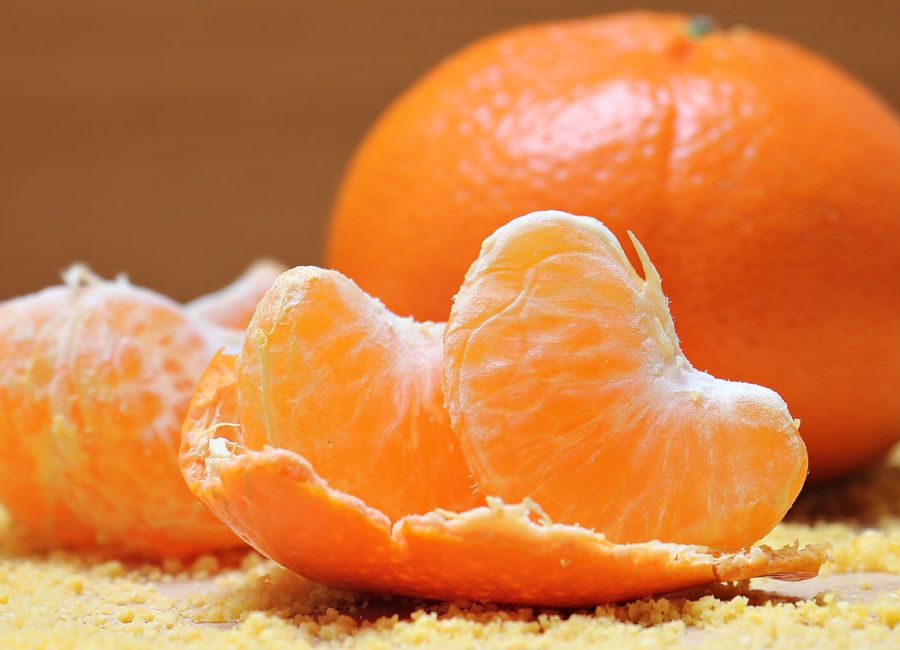There are ongoing studies regarding diet and health. Researchers continue to explore whether certain foods and nutrients can reduce the risk of cancer. Results are not consistent and vary by person. The following things may help.
- Fruits and vegetables may lower your risk of lung, oral, esophageal, stomach, and colon cancer.
- The Mediterranean diet may protect against cancer. This diet focuses on foods such as fish, fruits and vegetables, beans, and whole grains.
- Calcium and vitamin D may lower your risk of colorectal cancer.
- Folic acid may protect against cancer.
What specific things can I do to improve my diet?
You can reduce your risk of health problems by eating a healthy, balanced diet. This includes a variety of fruits, vegetables, whole grains, legumes (dried beans and peas), nuts, and seeds. For protein, eat moderate amounts of fish, poultry, lean meats, and low-fat and fat-free dairy products.Certain fats should be part of a healthy diet. They can lower your risk of disease. “Good” fats can help lower your total cholesterol level. “Good” fats include:
- Monounsaturated fats.Found in canola, olive, avocado, peanut, and other nut oils. Also found in legumes, olives, seeds, nuts, nut butters, and avocados.
- Polyunsaturated fats.Found in vegetable oils like corn, sunflower, and safflower. Also found in corn, soybeans, and types of grains, legumes, nuts, and seeds.
- Omega-3 fatty acids.Found in “oily” fish, such as salmon, herring, sardines, and mackerel. Also found in flaxseeds, flaxseed oil, and walnuts. Omega-3 fatty acids from fish are especially good for your health.
You should avoid or limit “bad” fats. These include trans and saturated fats. They are found in fast food, fried food, snack foods, and baked goods. “Bad” fats can increase your total cholesterol level.Phytochemicals are substances found in plant-based foods. Some experts believe that they can reduce your risk of cancer. They also may support bone, heart, and brain health. Common types of phytochemicals are vitamin C and folic acid. Less common types are isoflavones, flavonoids, phytosterols, and others. Good sources of phytochemicals include:broccoli
Like white potatoes, sweet potatoes originated in Central and South America, but prehistoric remnants were found in Polynesia between 1000 A.D. and 1100 A.D. How they got there is still a bit of a mystery. But Christopher Columbus took a liking to sweet potatoes during his voyages to the New World in 1492 and took some home to grow in Europe, where they gained popularity and spread throughout the continent. Sweet potatoes, on the other hand, are a great choice for people with diabetes or for those at risk of developing diabetes because of their low-to-medium glycemic index (depending on whether they’re eaten with the skin on or off), which means they won’t make your blood sugar levels spike as much as white potatoes.
You may like
Nutrition: What is it and why is it important?
by Klois - April 30, 2019
Serch
Nutrition Tips
Subscribe to our mailing list and get updates to your email inbox.
Thank you for subscribing.
Something went wrong.
Checkout our privacy policy for the full story on how we protect and manage your submitted data!
RECENT POSTS

Healthy Diets
Lorem ipsum dolor sit amet, consectetur adipisicing elit.

Enjoy Your Life
Numquam quam, dignissimos voluptas, vel provident delectus





